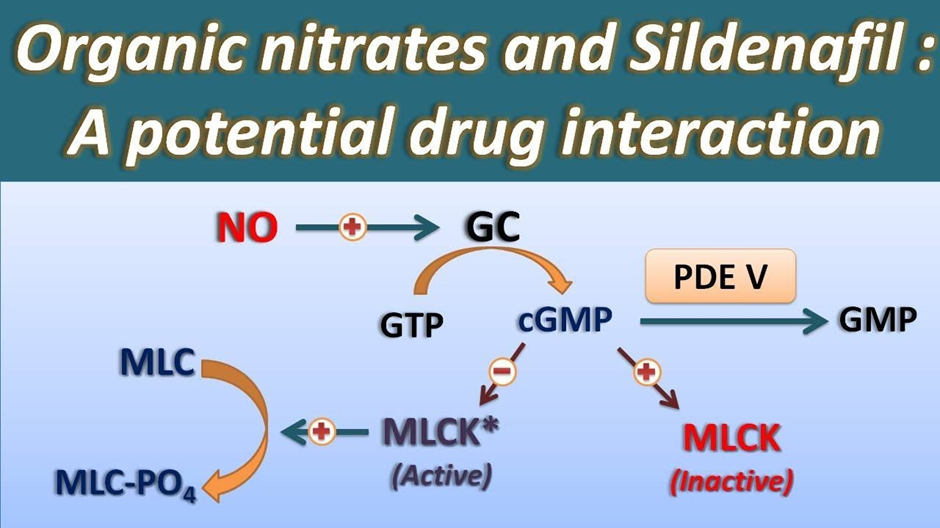A nurse is transcribing a new prescription for a client which states, "Diphenhydramine 50 mg NOW." Which of the following actions should the nurse take?
Contact the provider to clarify the prescription.
Administer the medication within 90 min.
Notify the pharmacy to send the medication immediately.
Inform the client there is a prescription available if needed.
The Correct Answer is B
Choice A Reason:
Contact the provider to clarify the prescription is not appropriate. Contacting the provider might not be necessary in this case. The prescription specifies "NOW," indicating an urgent administration, which is a clear directive to administer the medication promptly without further clarification.
Choice B Reason:
Administer the medication within 90 minutes is appropriate. "NOW" typically implies an urgent need for administration, and within a hospital setting, "NOW" often indicates a timeframe of around 90 minutes for prompt administration of the medication.
Choice C Reason:
Notify the pharmacy to send the medication immediately is inappropriate. With the prescription stating "NOW," the need for immediate administration usually requires using the hospital's available stock of the medication rather than waiting for delivery from the pharmacy. This action might cause a delay in administration.
Choice D Reason:
Inform the client there is a prescription available if needed is inappropriate. This option is not suitable in this scenario. "NOW" in the prescription implies the immediate need for administration, so informing the client about the availability of the prescription doesn't align with the urgency implied by the directive "NOW."
Nursing Test Bank
Naxlex Comprehensive Predictor Exams
Related Questions
Correct Answer is D
Explanation
Choice A Reason:
Furosemide is not correct. Furosemide is a diuretic used to treat conditions like heart failure and edema by increasing urine output. It is not a contraindication for sildenafil. However, it's essential to monitor blood pressure when these medications are used together, as both can potentially lower blood pressure.
Choice B Reason:
Albuterol is not correct. Albuterol is a bronchodilator commonly used to treat asthma and other respiratory conditions. It doesn't have direct contraindications with sildenafil for erectile dysfunction. Although both medications can cause some cardiovascular effects, they are not typically considered contraindications for each other.
Choice C Reason:
Indomethacin is not correct. Indomethacin is a nonsteroidal anti-inflammatory drug (NSAID) used to reduce inflammation and pain. While it can have effects on blood pressure and the cardiovascular system, it is not a direct contraindication for sildenafil specifically for erectile dysfunction.
Choice D Reason:
Nitroglycerin is correct. Nitroglycerin is a contraindication for sildenafil. Both medications can cause a significant drop in blood pressure. When taken together, they can potentiate each other's effects, leading to a severe decrease in blood pressure, which can be dangerous and potentially life-threatening. Therefore, individuals using nitroglycerin or any nitrate medications should not take sildenafil or other medications for erectile dysfunction due to the risk of hypotension (dangerously low blood pressure).

Correct Answer is B
Explanation
Choice A Reason:
Giving the prescribed dose of clindamycin is not appropriate due to the reported penicillin allergy, which increases the risk of an allergic reaction.
Choice B Reason:
Obtain a prescription for an alternative antibiotic is correct. Given the client's reported allergy to penicillin, which is in the same antibiotic class as clindamycin (both are antibiotics that belong to the beta-lactam group), there is a higher risk of cross-reactivity and potential allergic reaction. Therefore, it's important to avoid administering clindamycin in such cases and seek an alternative antibiotic that does not have a similar chemical structure to penicillin to prevent an allergic reaction.
Choice C Reason:
Premeditating the client with epinephrine before administering the antibiotic is not a standard practice in this context. Epinephrine is used to treat severe allergic reactions but is not used as a preventive measure before administering antibiotics.
Choice D Reason:
Administering the clindamycin using a desensitization schedule might be an option in certain situations under the guidance of an allergist or immunologist, but it's not typically performed by nurses and requires a specific protocol and expertise in managing drug allergies. Obtaining an alternative antibiotic is a more appropriate and immediate action to avoid the risk of an allergic reaction in this scenario.
Whether you are a student looking to ace your exams or a practicing nurse seeking to enhance your expertise , our nursing education contents will empower you with the confidence and competence to make a difference in the lives of patients and become a respected leader in the healthcare field.
Visit Naxlex, invest in your future and unlock endless possibilities with our unparalleled nursing education contents today
Report Wrong Answer on the Current Question
Do you disagree with the answer? If yes, what is your expected answer? Explain.
Kindly be descriptive with the issue you are facing.
